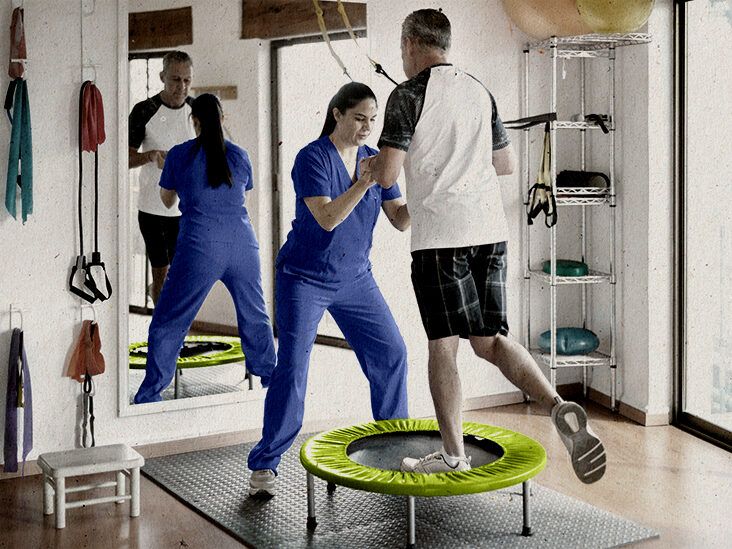Applying Mental Fortitude to Optimize Performance in Sports Rehabilitation
Wiki Article
Mental fortitude is an important trait that can measurably enhance performance in athletic treatment. Sportspeople often face conditions that require time away from their sport, which can be both somatically and mentally challenging. Psychological toughness refers to the ability to remain strong and resilient in the face of obstacles. It helps performers manage the stress of healing, stay concentrated on their goals, and maintain motivation throughout the healing process. By developing emotional stamina, athletes can improve their recovery experience and return to their sport better prepared than before.

One key aspect of building emotional toughness is setting realistic goals. When athletes are hurt, it is essential for them to have clear, achievable objectives during their rehabilitation. These milestones should be detailed, trackable, attainable, purposeful, and time-bound (actionable) principles. For example, instead of saying “I want to get better soonâ€, an individual might set a goal like “I will follow my therapy routine three times weekly for four weeksâ€. This helps recovering individuals track their progress and keep their concentration on what they can influence, reducing feelings of disappointment or hopelessness.
Another key factor in developing mental resilience is maintaining a constructive mindset. Recovering individuals should practice encouraging inner dialogue and guided imagery to foster a resilient mental environment. Positive self-talk involves replacing limiting thoughts with empowering statements. For instance, instead of thinking “I can’t do thisâ€, an individual could tell themselves “I’m getting stronger with every stepâ€. Mental rehearsal can also be effective; patients can imagine themselves performing well in their discipline as they heal. These practices help build confidence and reinforce the belief that return to performance is possible.
Networks of support play a vital role in fostering psychological strength during rehabilitation. Individuals should remain engaged with supportive friends, loved ones, coaches, and rehab specialists who understand the challenges of rehabilitation. Open communication with these support figures allows patients to express their thoughts, worries, and struggles. Additionally, sharing experiences with other taping techniques for sports injuries recovering peers can provide a sense of belonging and empathy that makes the journey easier. Knowing others have faced comparable difficulties can foster hope and motivate individuals to keep going.
Finally, mindfulness techniques can greatly strengthen an individual’s emotional stability during treatment. Mindfulness involves being conscious of one’s thoughts and feelings without bias. Practices such as guided mindfulness, deep breathing exercises, or yoga can help individuals manage anxiety and stress related to their healing process. By incorporating mindfulness into their regular habits, patients learn to Look At This stay focused and focused on their healing journey, rather than dwelling on what they have missed during their time off from training. This approach promotes psychological balance and encourages a more positive attitude towards healing.